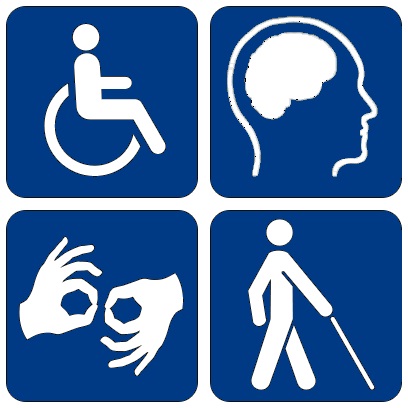
The Equality Act 2010 sets out the rights and responsibilities of disabled workers, who are either mentally or physically disabled, protecting them against discrimination in the workplace.
To clarify, an employee can be categorised as disabled if they have a long-term physical or mental impairment, which hinders them from carrying out everyday tasks in the workplace, which could include: manual handling, Navigating a computer, colleague interaction, etc.
There are various types of disability discrimination, including:



